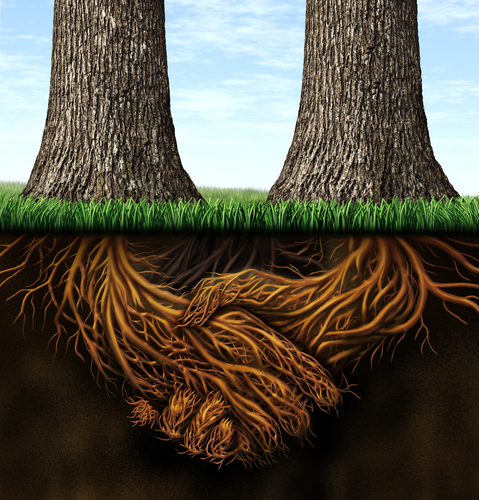
Making Friendships Work During Drug and Alcohol Recovery
It is not the brightest idea to return to old friends who utilize old habits, i.e. use drugs or alcohol, once treatment concludes. Especially in early drug and alcohol recovery, relapse rates are high for those that have completed a stay at an addiction treatment facility. Being around old friends that are not in recovery can become a trigger that starts you on the slippery slope to relapse.
To really change behaviors and commit to sobriety, it is important for your lifestyle to change, and this includes your list of friends. Not to worry, you will gain new friends who support your lifestyle changes and your decision to live a life in recovery. In fact, it is important for you to do so in order for you to build a network of support in recovery. Fortunately, there are a few things that you can keep in mind when making new friends in drug and alcohol recovery.
Saying Goodbye to Negative Influences
To start your new life in recovery, you will have to decide which friends you can no longer have a relationship with. Of course, this is not always the easiest to do. However, you have to understand that above all else, you need to protect your sobriety. When determining if someone is a negative influence on your recovery, ask yourself:
- How do I want my life to be?
- Does this friend support that sobriety is my number one priority?
- Is this friend a potential threat to my recovery goals?
- Which friends do I want around to see my recovery success?
Remember, cutting ties to better yourself is simply a part of life. People grow up and things change, and you should not have to feel remorse for bettering yourself. If people that you used to participate in using drugs with do not support you in your mission to better yourself by changing your lifestyle, were they really your friends to begin with?
Why is Friendship Important in Recovery?
Loneliness can be a dangerous emotion for an individual in drug and alcohol recovery. It is a driving force that can make a person feel rationalized in using a substance to medicate. To fight loneliness that could lead to relapse, a recovering individual should develop a new support system filled with positive people that encourage the idea of sobriety. It is human nature to look to others in times of need because humans are social creatures. Emotional support is important to attain during stressful moments in recovery. Having friends can also provide individuals with physical help when they simply can’t get something done alone. Additionally, friends can provide the truth through advice, whether good or bad, to help a recovering person become a better version of themselves. Finally, true friends can hold those in recovery accountable to their sobriety.
How to Make Friends in Drug and Alcohol Recovery
Yes, it can be a bit overwhelming to make new friends. Many individuals in recovery have low self-esteem and find it challenging to open up to others. Keep in mind that if you are trying to make friends in treatment or at meetings, the individuals present have all been through similar circumstances to yourself. They are also there to gain support for their sobriety. Making friends throughout drug and alcohol recovery can be made less complicated by:
- Being Honest: Above all, honesty is the key to all great relationships. Also, if you begin with the truth then you will never have to remember your lies. Accountability can help relationships, but dishonesty will break them. To form strong bonds there should be trust, and honesty forms just that, trust.
- Meetings: Attending 12 step meetings is a great place to find friends in recovery. Additionally, these friends will likely be supportive in your quest to attaining sobriety. Friends found in 12 step meetings can help keep you accountable in recovery and also give you advice about staying sober.
- Volunteering: Taking time out to help others will give you a sense of community. It can also provide you with openings to meet like-minded people. Also, attending community events like fairs, art galleries, and town meetings can help you get out and meet new people.
- Enroll into a Class: You may need to find new hobbies since substance abuse is no longer an option. Finding new interests can only keep you free from boredom. It also can provide you with the opportunity to meet people that have like interests and could become new friends.
- Online Support: The Internet has grown fast in the past decade and the recovery community has taken advantage of it. Find online recovery support immediately via your phone, laptop, or desktop computer. It’s now as easy as a click of a button to find online recovery chat rooms and blogs. Try sparking up conversations with potential friends to develop connections with people also in recovery.






